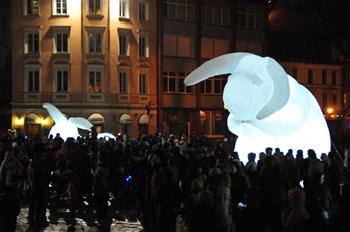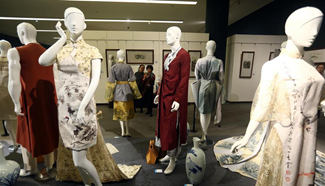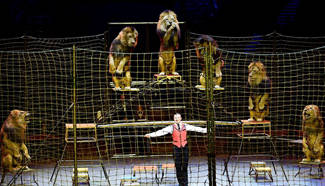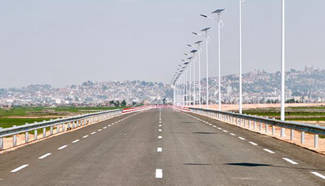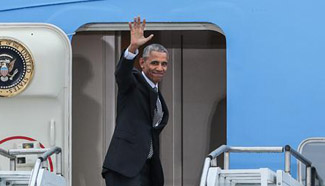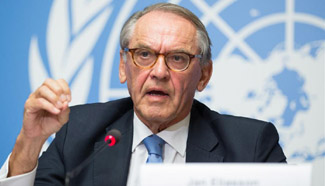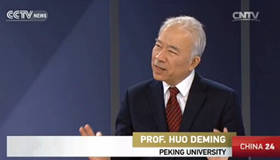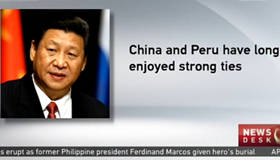LIMA, Nov. 19 (Xinhua) -- The 24th APEC Economic Leaders' Meeting (AELM) is scheduled for Saturday and Sunday in Lima, capital of Peru.
Leaders and their representatives from 21 member economies of the Asia Pacific Economic Cooperation (APEC) will discuss the future of international trade policies, economic growth and improvement of living conditions under the theme "Quality Growth and Human Development."
Amid slowing global trade growth and rising protectionism, progress toward the Bogor Goals and the Free Trade Area of the Asia-Pacific (FTAAP) are top on the meeting's agenda.
The AELM is a top-level meeting under the APEC institutional framework.
The idea of APEC was first publicly proposed by former Australian Prime Minister Bob Hawke during a speech in Seoul, Korea on Jan. 31, 1989, in response to growing interdependence between countries in the region and the establishment of regional trade blocs elsewhere in the world.
In November 1989, the first APEC Ministerial Meeting was held in Canberra, Australia, which marked the official establishment of the regional bloc.
APEC had been operating at the ministerial level until November 1993 when the mechanism of APEC Economic Leaders' Meeting was adopted, which brings together heads of state and representatives of member economies to determine strategic policies for the bloc.
The AELM is held on an annual basis. During the meeting, the leaders are expected to discuss a range of strategic, economic and trade topics and reach consensus on relevant issues.
At the end of the meeting, an APEC Economic Leaders' declaration will be issued, outlining their shared views on key topics and setting the strategic direction of the APEC economic policies for the forthcoming year.
As a tradition, leaders attending the meeting would dress in the national costume that reflects the culture of the host member.

